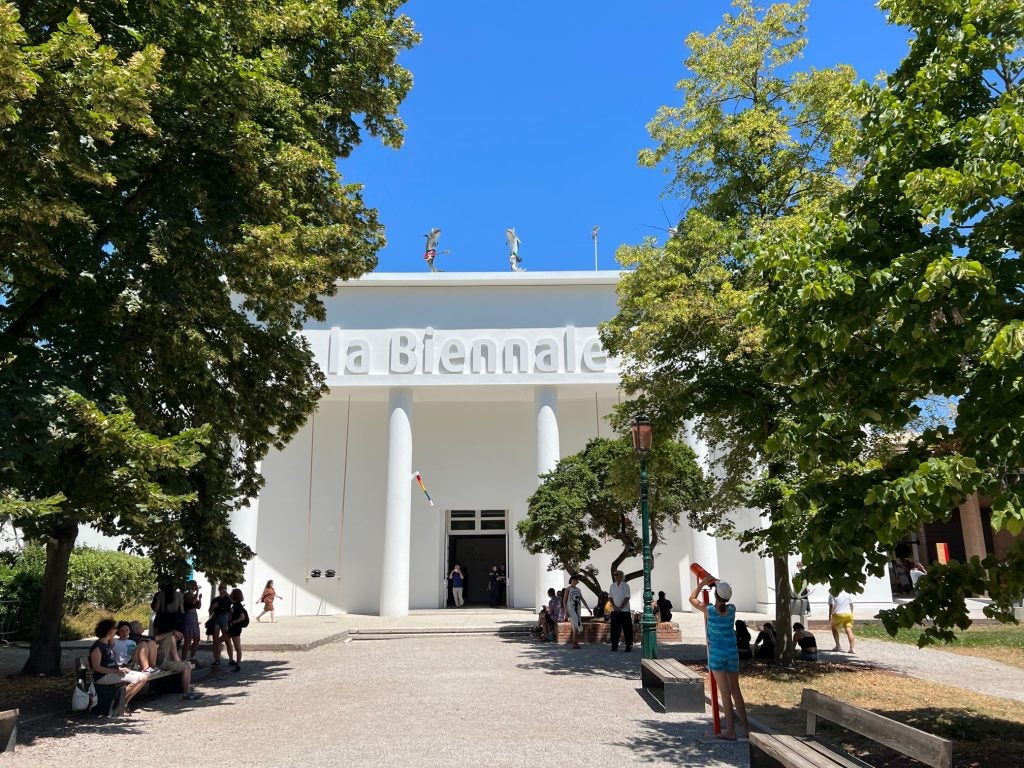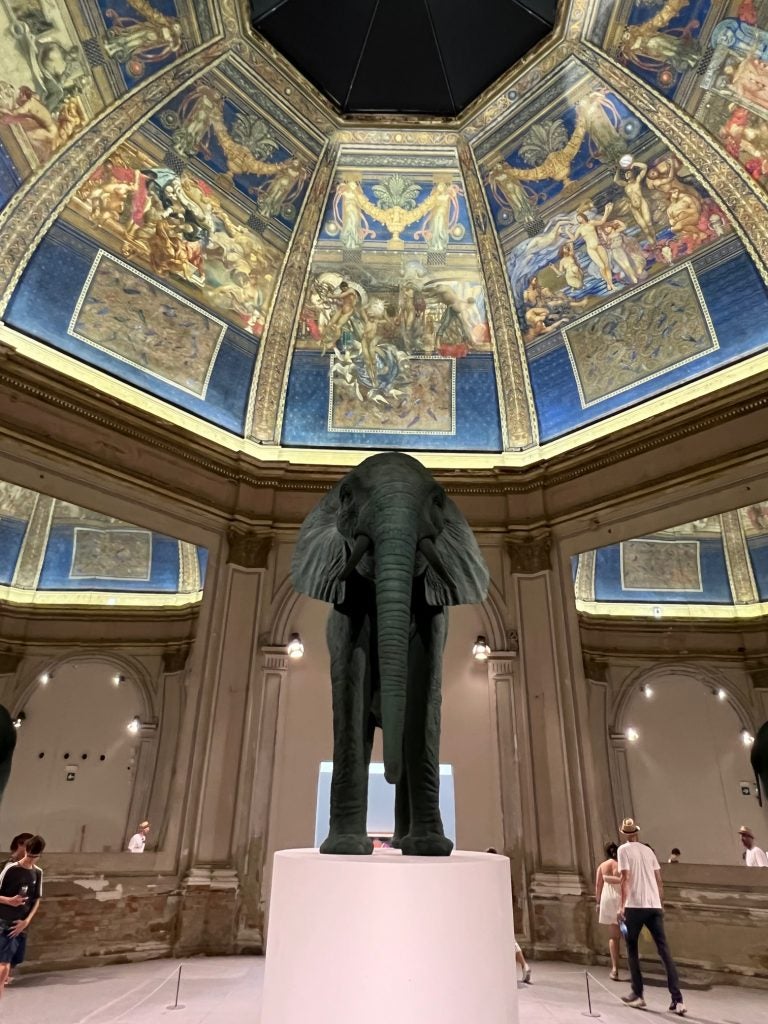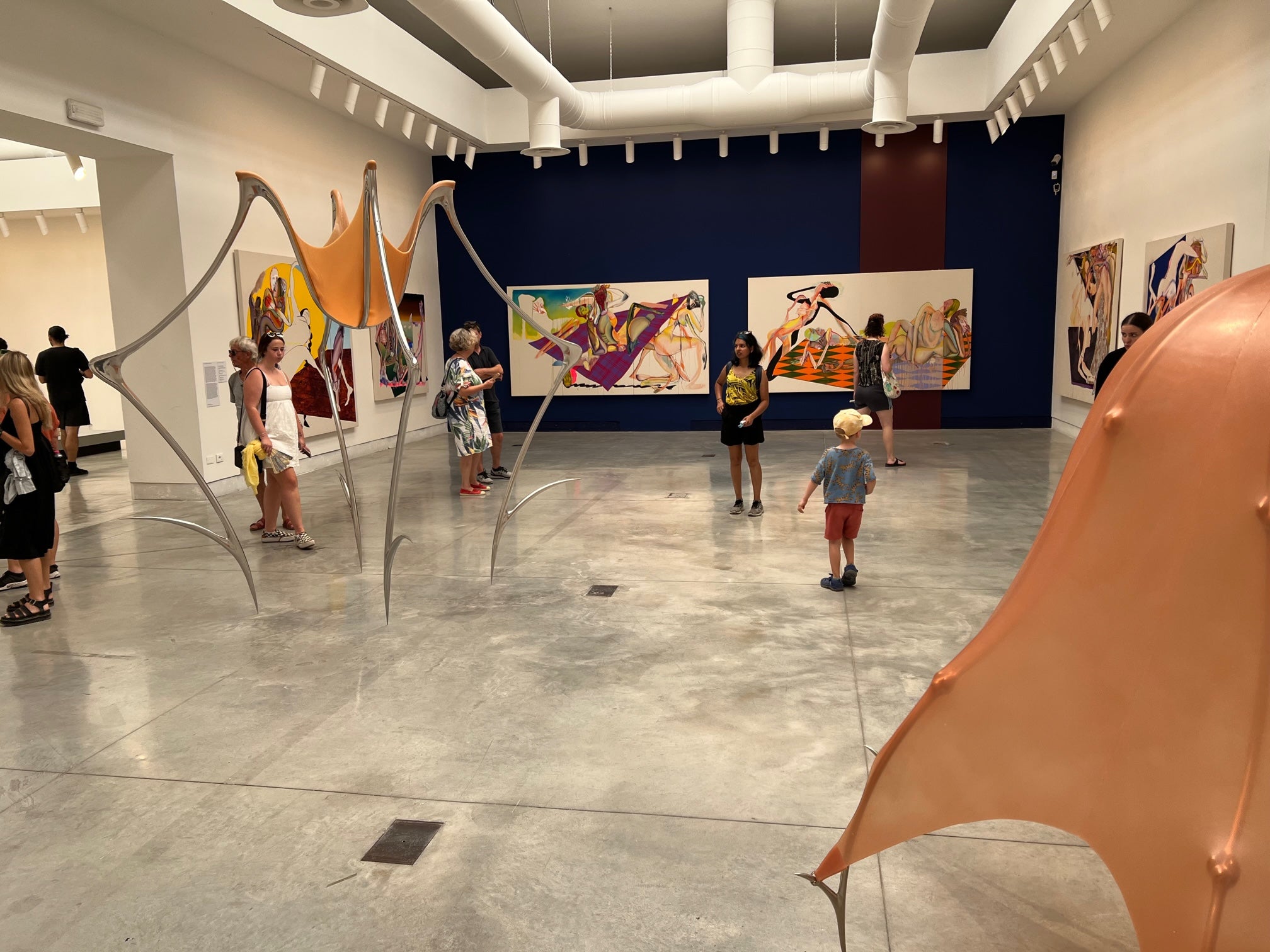VENICE, Italy – This week consider me your foreign correspondent. I’m spending a little time in Venice and, as I often do while away, thinking of home. There’s nothing like a new place for a new perspective. With that in mind, here’s a couple of thoughts – Italian-style – that I’ve had regarding Augusta.
If it’s not country, it’s not capriccio.
For far too long, nearly 20 years if we are being honest, Augusta has been without the regular dose of what opera fans have been pining for. Since the death of Augusta Opera director and champion Ed Bradberry in 2002, regular seasons that explore the breadth and depth of opera have been criminally missing from our arts calendars. It is true that opera, particularly opera executed at the level Bradberry insisted on, can be a costly and complicated endeavor. That can be tough in a town that perhaps isn’t always eager to embrace the idea of opera.
But perhaps it should be. Perhaps the reason people aren’t up to the idea of an evening cavorting with Carmen is that we, as a society and an audience, have lost sight of what opera actually is.
It’s country music.
A disbeliever? Riddle me this. A highly stylized musical form, closely identified with region, that focuses primarily on love-gone-wrong songs. Am I talking about Nashville? Am I talking about La Scala? Am I talking about both? Yes I am.
MORE: Voting underway for the Press Play Songwriter Contest
Consider this. A woman does a man wrong at the local watering hole. Is it classic Hank or ‘Carmen’? Earl has to die? Pagliacci probably had it coming as well. These musical forms are both built, very specifically, for people who like story songs. The singing styles may be different, but then again is there a basso profundo as affecting as the late Johnny Cash.
Look, I understand that society tells us that opera is for opera people and country seeks its own. But I just don’t believe that has to be the case. Yes, there was time when I was roundly ridiculed at a boot scootin’ barbecue for admitting my affection for a great aria, but I believe, given the right opportunities – and perhaps the right operas – people might discover that Rigoletto had friends in low places as well.
You are cordially invited
A century ago, some folks in Venice had an idea. What if they invited artists from a variety of countries to produce and display work for a few months every couple years in one of the cities public parks. Maybe they could even give a prize or two. Today that tradition – The Venice Biennial – continues. It’s constantly and consistently adding countries who build pavilions for their work and adding artists who embrace the idea of conceptual creativity being celebrated in such a proud and public way. It’s a pretty big deal.

What struck me about the event – besides the broad and varied examples of artistic expression – is the simple notion that the Biennial is built on. Venice proffers an invitation and the world, in turn, accepts.
This, of course, is not unique to Venice. The same thing happens at festivals and exhibitions all over the world. Sundance is another fine example. That made me wonder, what would happen if Augusta sent out a couple of queries. We could start small. Offer a prize and perhaps a lifetime achievement award. Find the unique angle – perhaps outsider art – that hasn’t yet been leveraged. Worst case scenario, it gets filed as an interesting miss. But, given real support and infrastructure – the tricky part I know – there might be some potential. I mean, what does Venice have that we don’t.

They don’t even have streets.
Buried Treasure – Raymond Lowey
Once upon a time, many years ago in Paris, I skipped a retrospective of work by the American industrial designer Raymond Loewy in favor of an Andy Warhol show. And while I still remember, with fondness, my time with the soup cans and floating silver pillows, I believe I made a significant mistake. Warhol made art. Loewy made America. His designs included streamlined steam engines, bullet nose Studebakers, Coke bottles and the logos for Shell, Exxon and, my personal favorite, TWA. He redesigned Air Force One in the early 1960s and gave your grandmother’s Coldspot refrigerator its ice queen curves. His approach was based on the idea that the ordinary could be beautiful and that making something both effective and appealing were not two different tasks. His design aesthetic, in truth, was the foundation for a future promised by never delivered on – jet-packed and super sleek. Perhaps it is not too late to shift back toward the Loewy style. It would be great to see such beauty and perhaps garner a little attention for a design genius mostly forgotten.
Don’t forget, voting is underway for the Press Play Songwriter Contest. Entries include beach bangers, heady hip hop and work inspired by current events. It’s quite the selection of selections. Check them out at theaugustapress.com/music-contest

Steven Uhles has worked as professional journalist in the Augusta area for 22 years, and his Pop Rocks column ran in The Augusta Chronicle for more than 20. He lives in Evans with his wife, two children and a dog named after Hunter Thompson.
.











